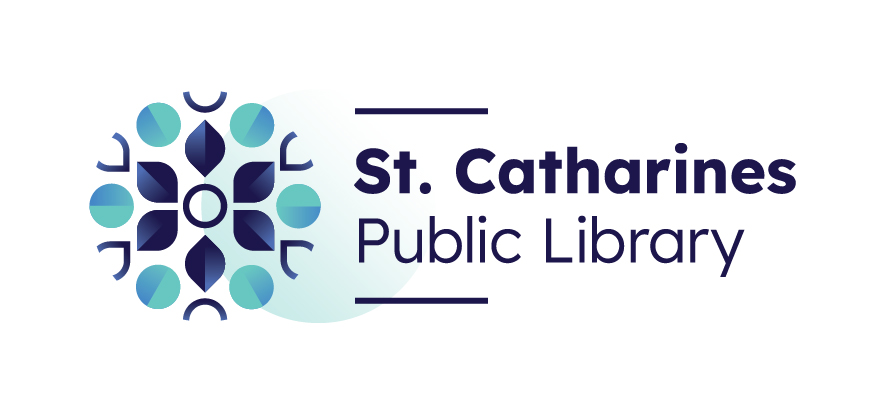E-Content for Libraries
Members of the Canadian Urban Libraries Council (CULC) spend approximately $100 million in public funds annually on library resources.
Even with that significant expenditure, we increasingly struggle to obtain e-content from multinational publishers, due to cost pressures and often-strict licensing limitations applied to e-content.
In order to properly service our communities – including vulnerable groups like seniors, lower income individuals, and youth at risk that benefit from library access – we need to ensure that we Canadians have access to e-content.
Publishers, primarily headquartered outside Canada, are limiting Canadian libraries’ access to e-content, and, even when a publication is made available, are making it prohibitively expensive to acquire e-content. By way of example, Canadian author Louise Penny’s book ‘Kingdom of the Blind’ is available to libraries for $13 as a paperback, $22 in hard cover and $60 in digital form. The $60 cost allows the book to be checked out electronically 52 times or for 2 years – whichever happens first. A paper edition would be expected to last 3 to 4 years at a substantially reduced cost. The book is currently not available to Canadian libraries in any e-audio format.
Those restrictions and costs make it difficult for libraries to provide invaluable services that contribute to thriving and engaged communities. Public libraries and the early literacy programs that they run are integral to developing proficient readers and ensuring that children succeed in school. Digital literacy programs also help ensure that citizens can contribute to our digital world.
Additionally, for many, including seniors, low income families, youth, and new Canadians, libraries are a crucial tool for participation in their communities – from education to searching for jobs to consuming Canadian cultural materials.
Barriers to libraries accessing e-content hamper our capacity to provide modern, digitized services to those demographic groups and to other public library users. This is exacerbated when some publications may only be available to us in digital forms.
Municipalities across Canada having indicated their support for CULC’s campaign to increase e-content for public library users and public libraries across Canada.
We are asking candidates from all parties in this falls’ federal election to recognize the fundamental role that libraries play in our communities and to commit to work collaboratively with us to find a solution to ensure Canadians have access to e-content.
More info: https://econtentforlibraries.org/
{slider=FAQ Section}
- Why is CULC launching a campaign to improve access to E-Content?
Multinational publishers, including Amazon, which are primarily headquartered outside Canada, are limiting public library access to e-content, and, even when a publication is made available, are making it prohibitively expensive to acquire. Licensing restrictions, embargoes, and high costs make it difficult for libraries to provide important services that contribute to a thriving and engaged democracy. Public libraries and the early literacy programs they provide are integral to developing proficient readers and to ensuring that children succeed in school. Digital literacy programs also help ensure that citizens develop capacity to contribute to our digital world. Additionally, for many, including seniors, the visually impaired, low income families, youth, and new Canadians, public libraries are a crucial tool for participation in their communities – from education to searching for jobs to consuming Canadian cultural materials.
- How does the inability to access e-content impact libraries and their users?
Those restrictions and costs make it difficult for libraries to provide services integral to public library users. Public library services are invaluable to developing readers and ensuring kids succeed in school. Digital literacy programs ensure folks can successfully contribute to our digital world. Additionally, for many, including seniors, the visually impaired, low income families, youth, and new Canadians, public libraries are a crucial tool for participation in their communities – from education to searching for jobs to consuming Canadian cultural materials. Restrictions on library a access to e-content hampers our capacity to provide modern, digitized services to those and other demographic groups.
- What digital publications are difficult to access for public libraries?
To some degree, all types of digital content - including fiction and non-fiction books, newspapers, magazines, and periodicals – have become either prohibitively expensive or not available to public libraries. This is especially true for digital content published by multinational publishers. By way of example, Canadian author Louise Penny’s book Kingdom of the Blind is available to libraries for $13 as a paperback, $22 in hard cover, and $60 in digital form. The $60 cost allows the book to be checked out electronically 52 times or for 2 years – whichever happens first. A paper edition would be expected to last 3 to 4 years at a substantially reduced cost. The book is currently not available to Canadian libraries in any e-audio format. As well, a bestselling book like David Baldacci’s ‘The Fallen’ is available to libraries in hard copy for $22.80 and in digital form for $87.00.
- Is this problem restricted to multinational publishers?
The problem we have identified is especially apparent with multinational publishers, and also applies to Amazon.
- Why do libraries feel election candidates can assist in solving this problem?
CULC’s goal in reaching out to candidates is to increase understanding of the e-content issue amongst all parties and to ensure those candidates that are successful in being elected are committed to finding a solution. Once elected, we will ensure these allies are provided material to continue raising this issue until an appropriate solution is found.
- Aren’t libraries governed provincially, why is the Federal government being targeted?
Though some stakeholders may argue that libraries are a provincial and municipal issue, the Federal government currently has regulations under the Copyright Act in relation to book importation (which do not currently address e-content) and is best-placed to provide a comprehensive, Canada-wide solution to the e-content issue.
- What is CULC’s proposed solution?
We are asking the Federal government to help overcome the barriers that Canadian library users face in accessing e-content. We see three options for the federal government – first, we ask that the federal government initiate discussions with both CULC and multinational publishers to find a collaborative solution; should these efforts be unsuccessful we would ask the federal government to investigate legislative or regulatory options that would address the access to e-content issue.
{/slider}




